As an Ethereum developer passionate about the potential of truly decentralized DeFi, I've spent the last year building Salty.IO, an Ethereum DEX that aims to innovate with a feature I'm calling Automatic Atomic Arbitrage (AAA). This feature is designed to execute arbitrage within the same transaction as user swaps, helping combat front-running and Miner Extractable Value (MEV) while maintaining efficiency.
Assuming that AAA works as expected in the wild, my questions is: why don't more protocols add built-in arbitrage like this to the transactions that they originate? It seems like DEXes would be an automatic fit, but also liquidity aggregators like 1inch. Basically any protocol that originates a transaction could execute the arbitrage swaps themselves - rather than leave the profits to the arbitrage bots.
Perhaps the lack of an easy fit is due to excess gas use? I did have to optimize heavily to get user swap, arbitrage search and arbitrage execution down below 100k gas.
For the curious, the Salty.IO codebase has received in-depth audits by Trail of Bits and ABDK - and was publicly released today.
???? GitHub Repository
???? Documentation
Looking forward to dialogue about the current state of DeFi arbitrage on Ethereum.
[link] [comments]

You can get bonuses upto $100 FREE BONUS when you:
💰 Install these recommended apps:
💲 SocialGood - 100% Crypto Back on Everyday Shopping
💲 xPortal - The DeFi For The Next Billion
💲 CryptoTab Browser - Lightweight, fast, and ready to mine!
💰 Register on these recommended exchanges:
🟡 Binance🟡 Bitfinex🟡 Bitmart🟡 Bittrex🟡 Bitget
🟡 CoinEx🟡 Crypto.com🟡 Gate.io🟡 Huobi🟡 Kucoin.


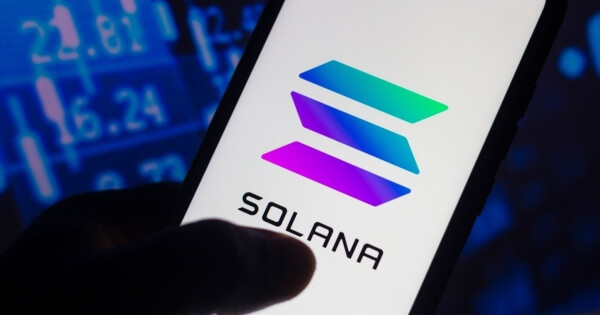




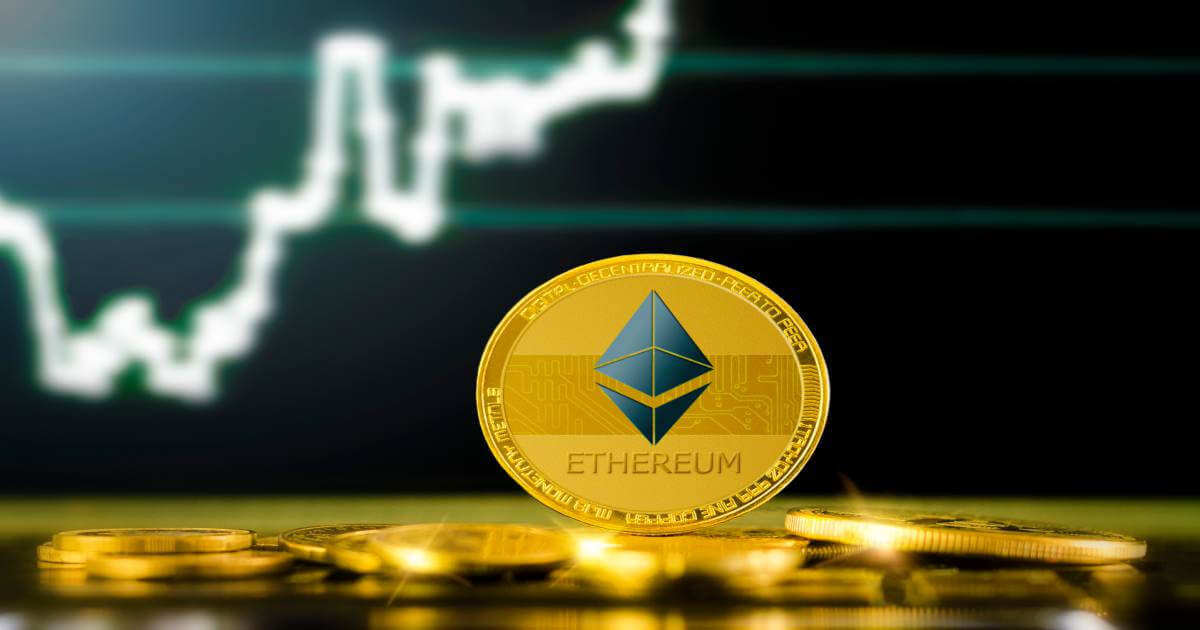

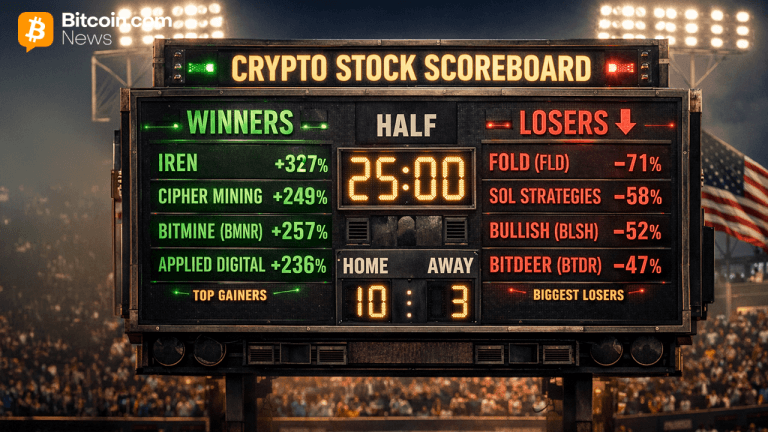



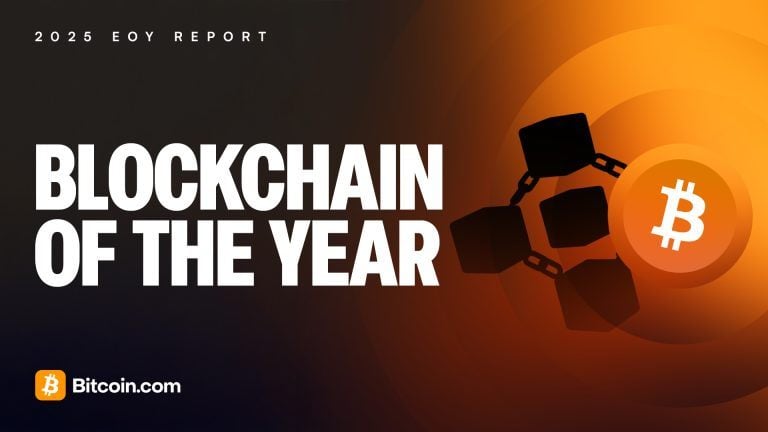
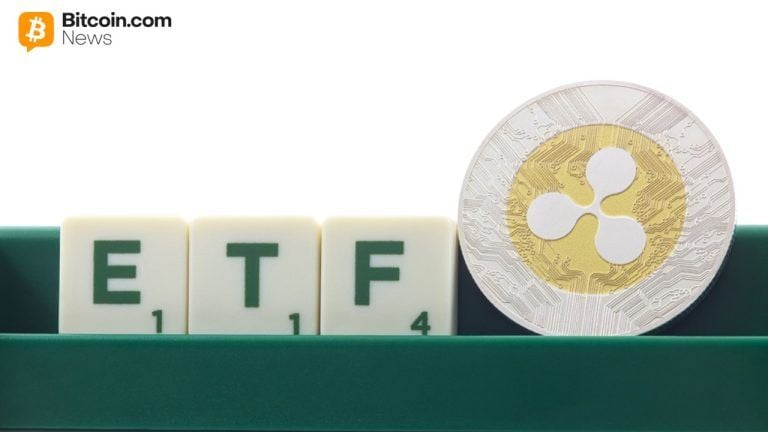

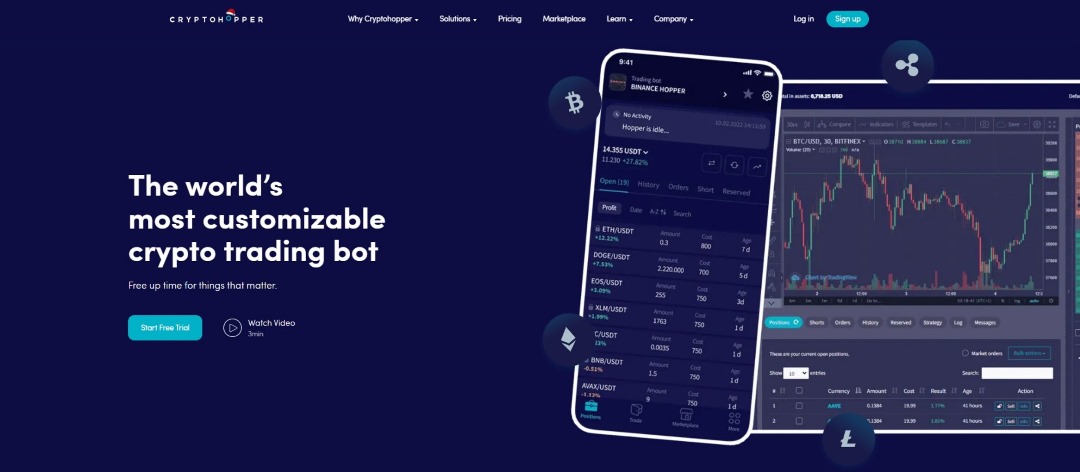


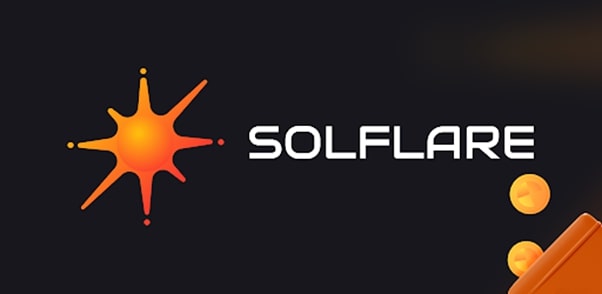
Comments